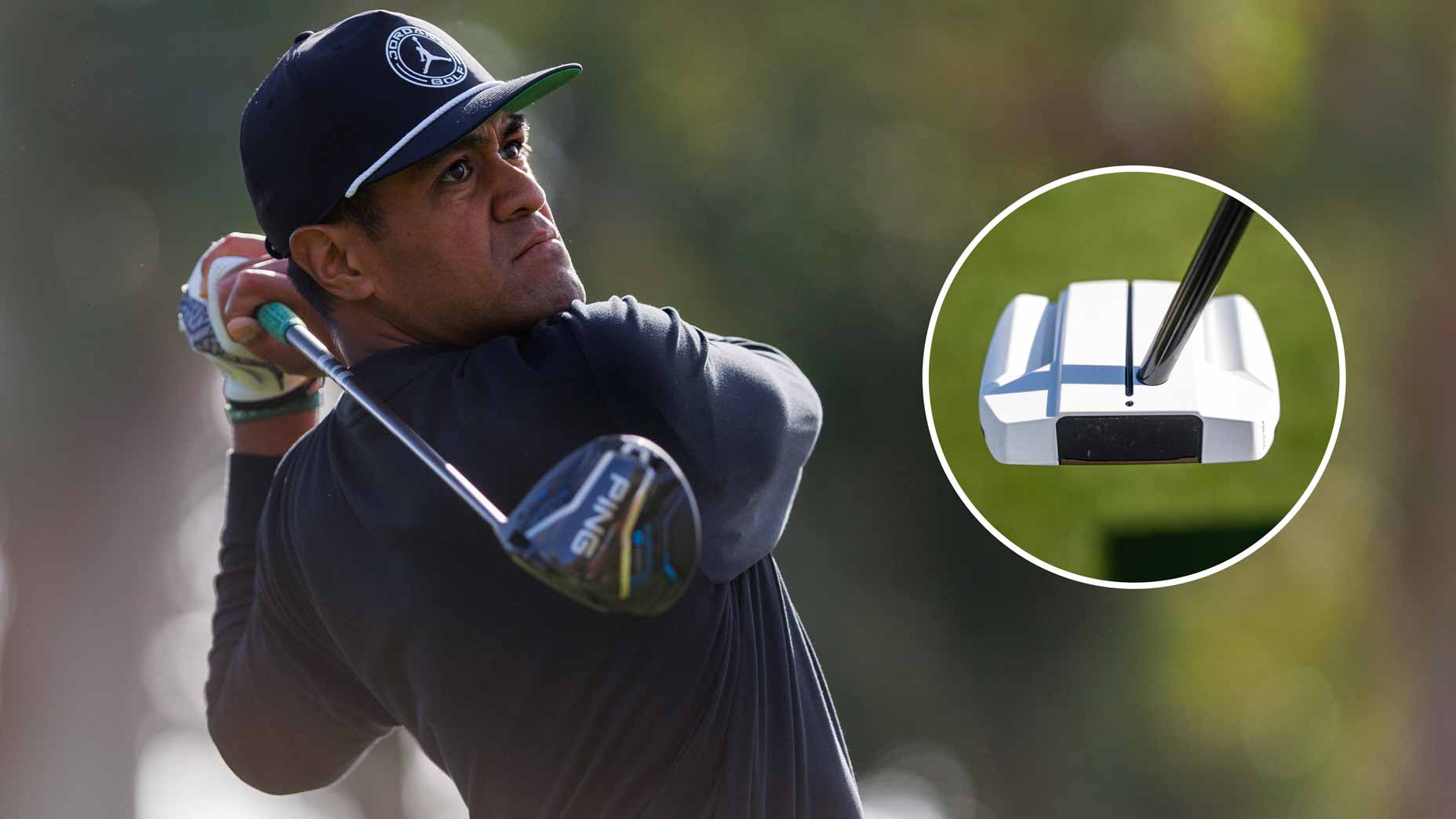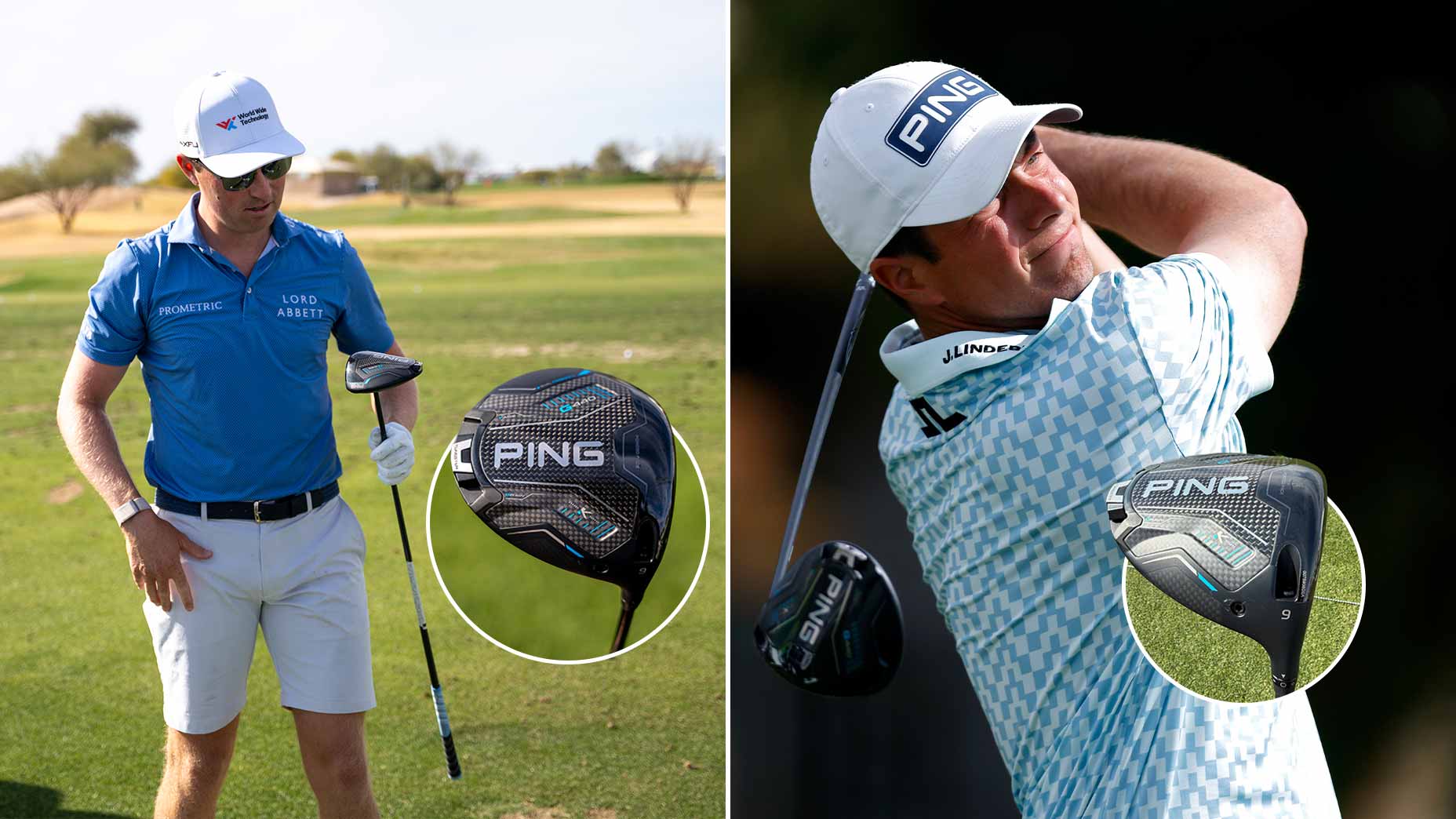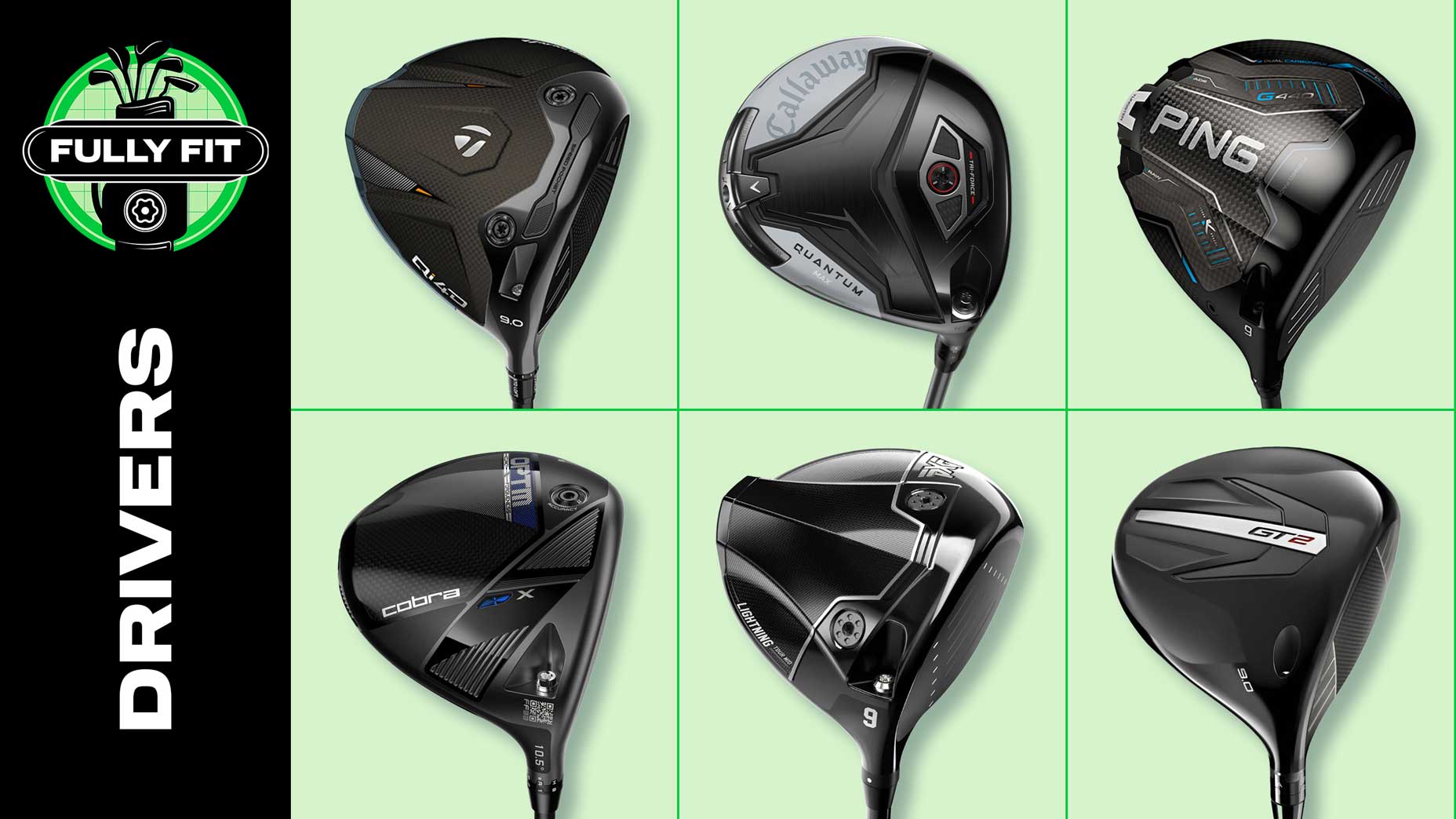Ping G430 drivers will be available for preorder on Jan. 10, and in retail stores on Jan. 26. Pick up all your new gear at Fairway Jockey.
MORE FROM OUR 2023 CLUBTEST COVERAGE: 4 areas where Ping G430 drivers excel, according to our robot | The tech behind Ping’s G430 fairway woods and hybrids | The tech behind Ping’s G430 irons | WATCH: Ping G430 robot testing insights | WATCH: Inside an extensive G430 fitting at Ping HQ
***
Five months after Ping’s G430 took the PGA Tour by storm in Las Vegas, the driver lineup is officially coming to retail. As we’ve come to expect from Ping, all three drivers (G430 LST, G430 SFT and G430 Max) are plenty forgiving and boast a heaping helping of stability.
But there’s more to G430 than pure stability. Ping engineers cranked up the speed with the help of a shallower and thinner VFT forged face designed with the same Spinsistency technology the equipment manufacturer first debuted in its fairway woods and hybrids. The complexly curved clubface features a modified roll profile with less loft on the lower portion to normalize spin and increase ball speed.
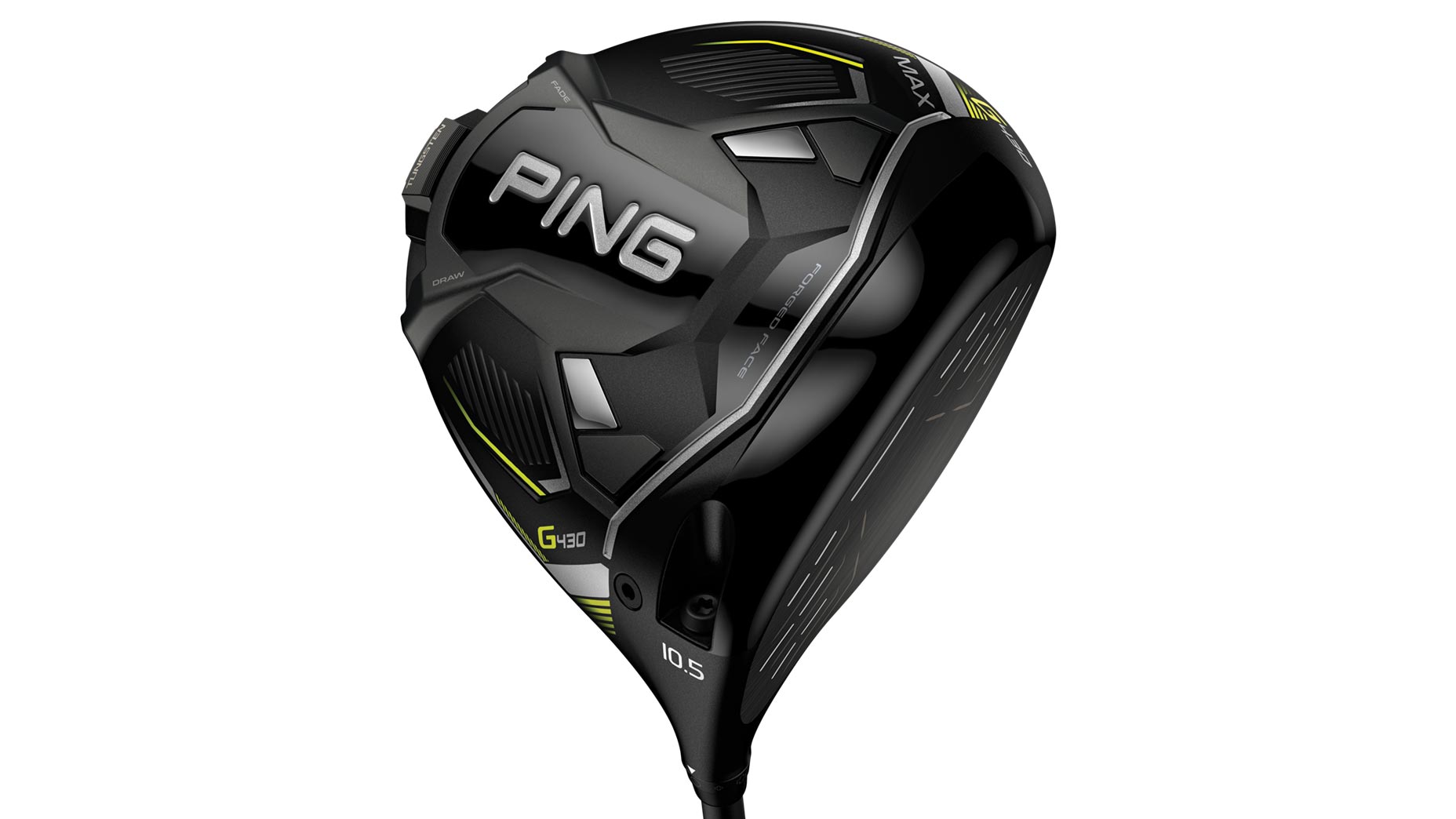
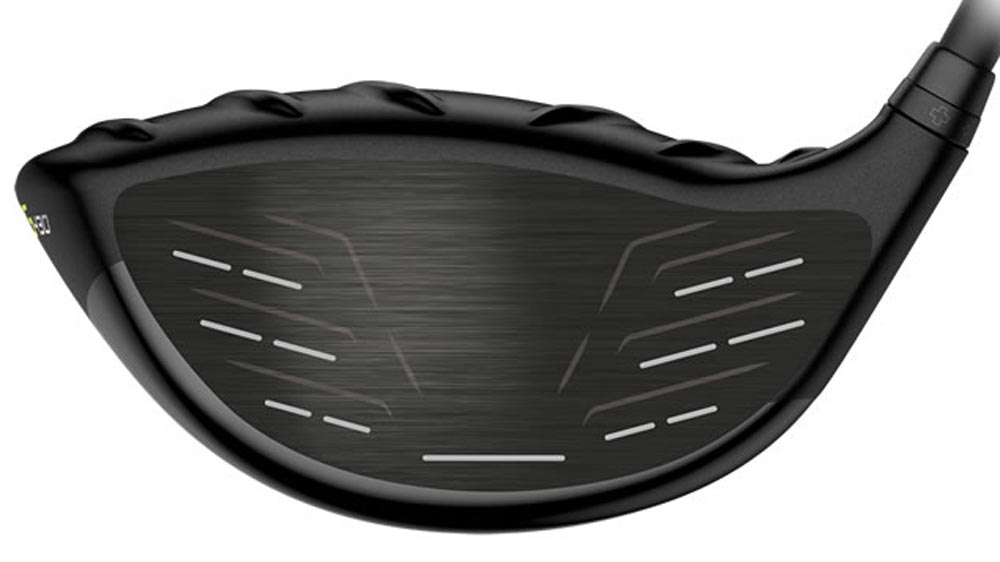
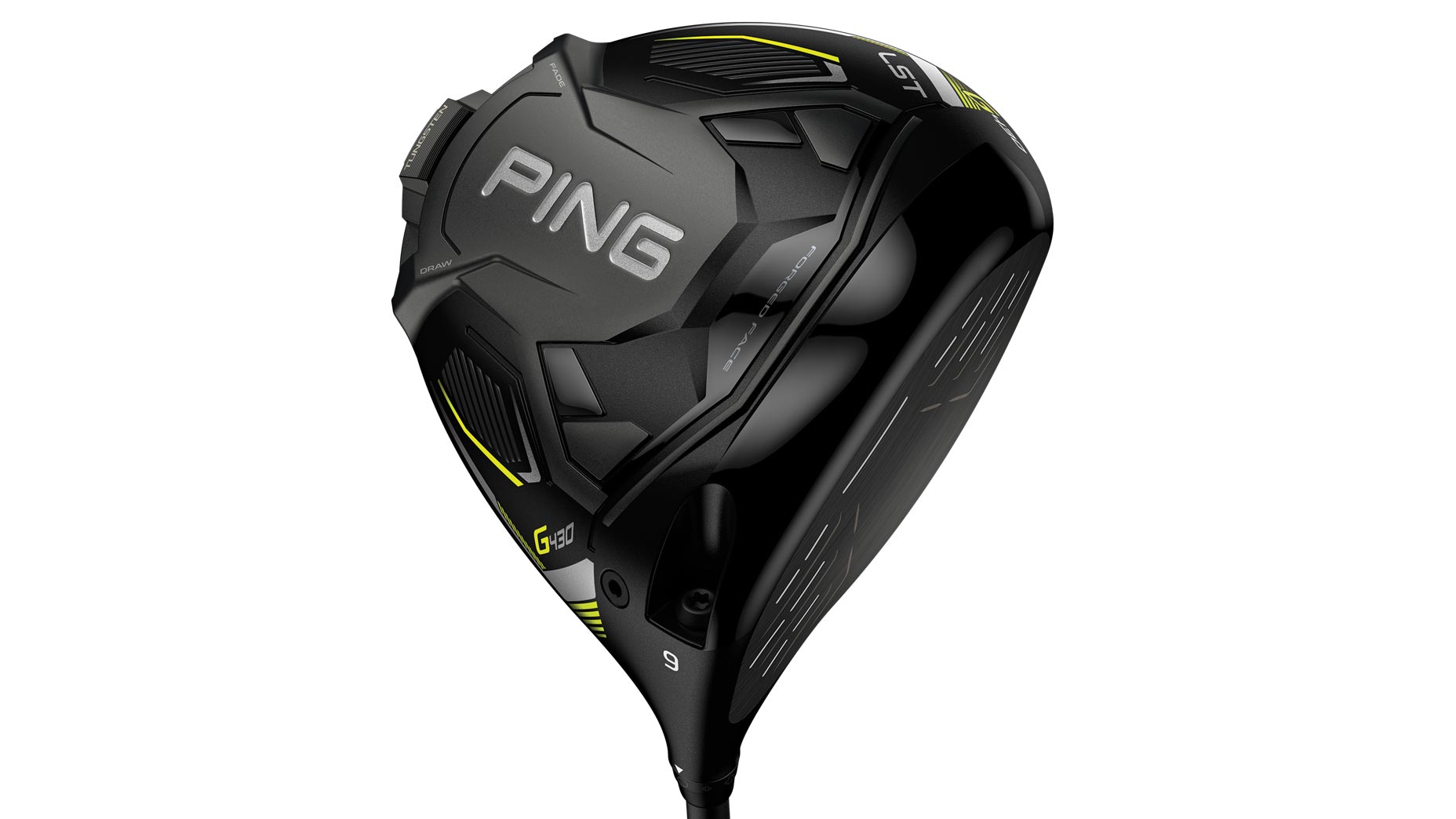
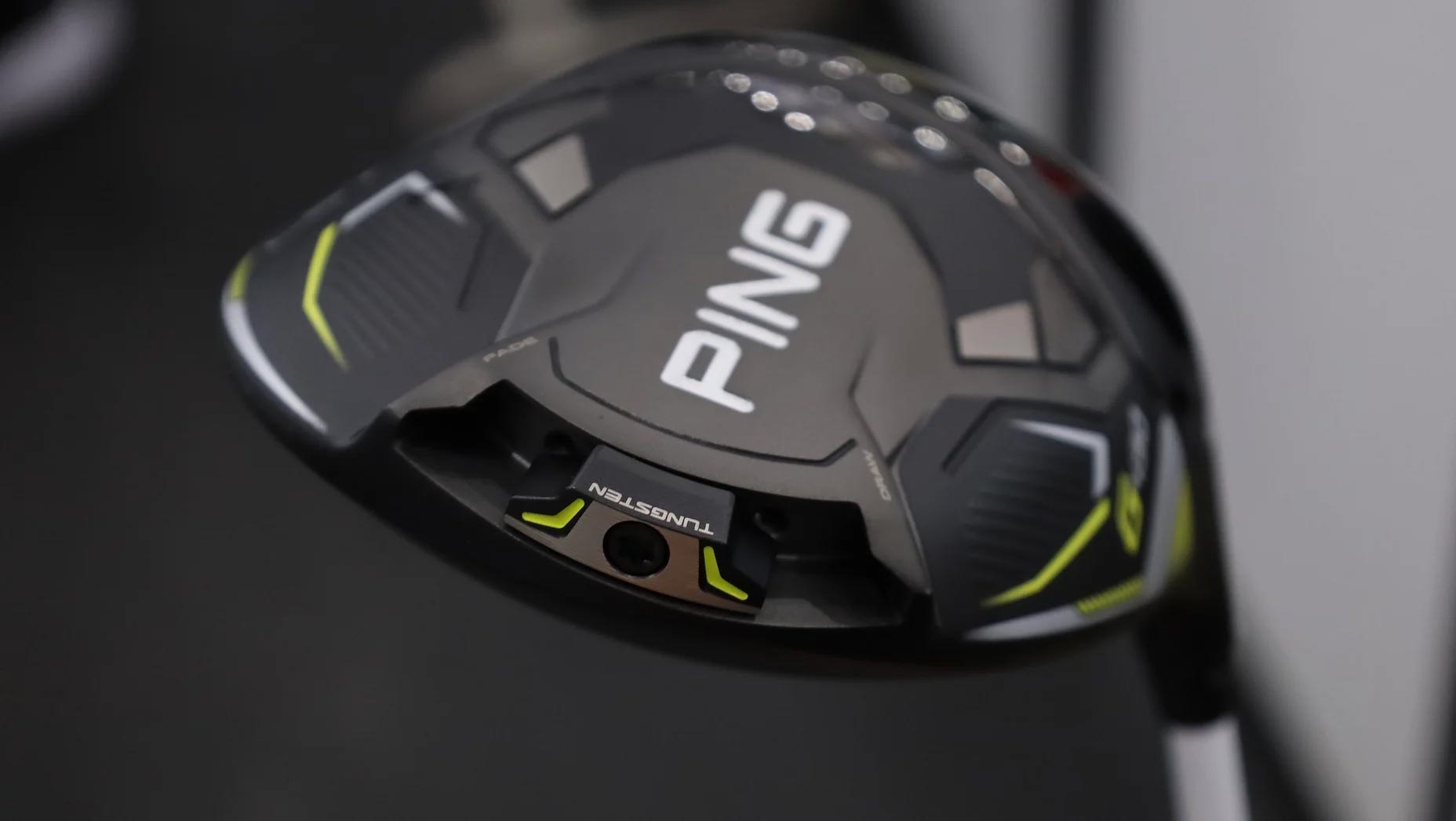
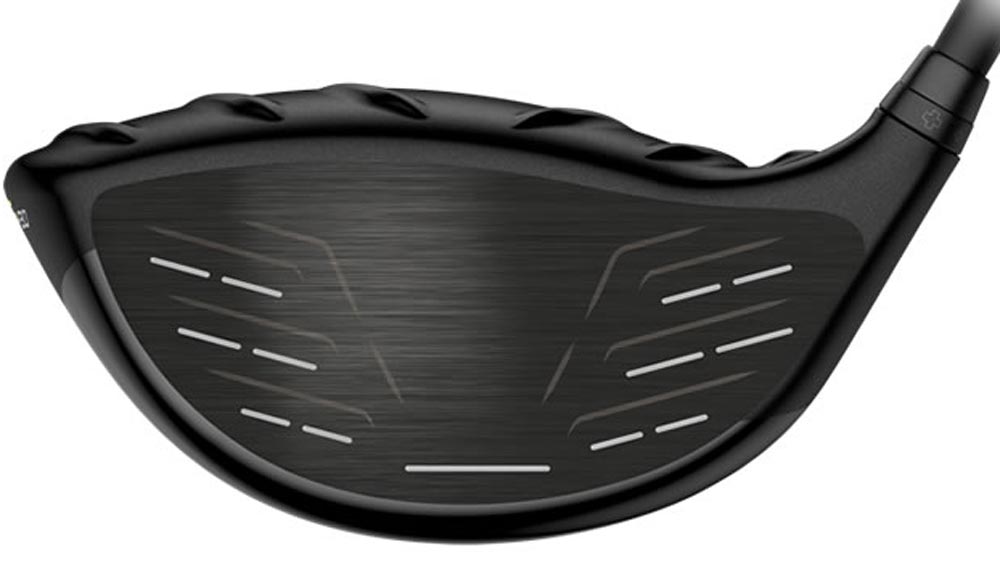
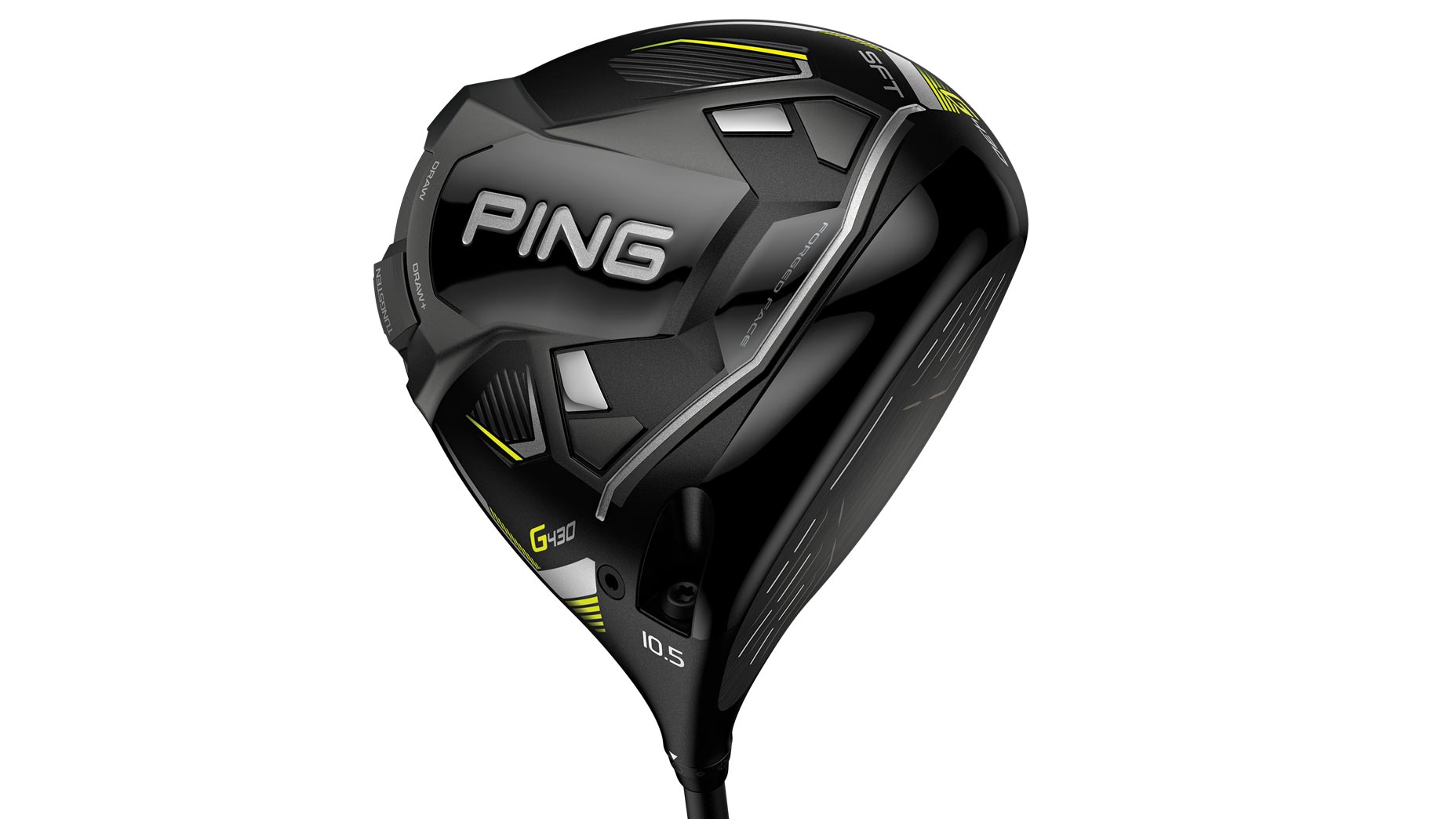
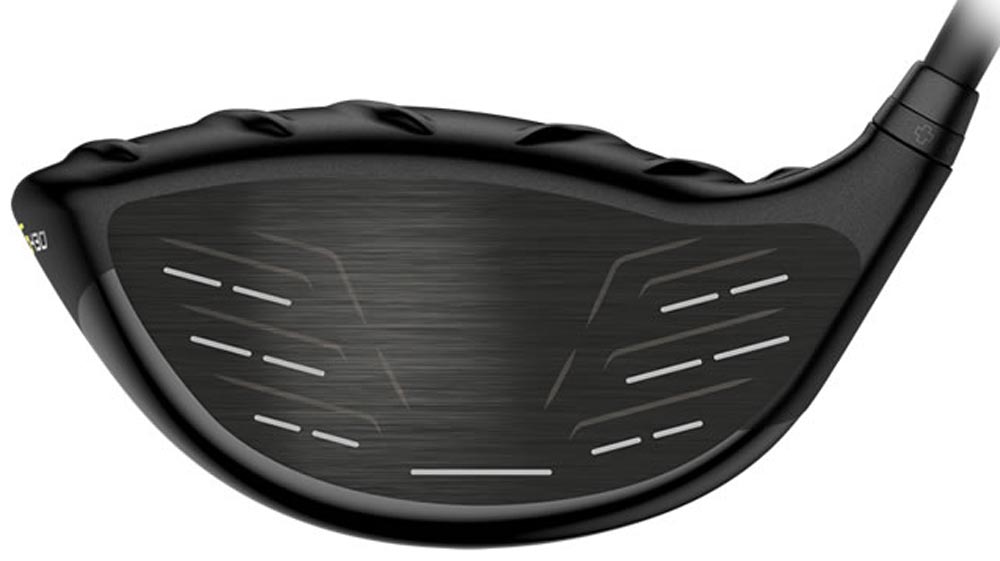
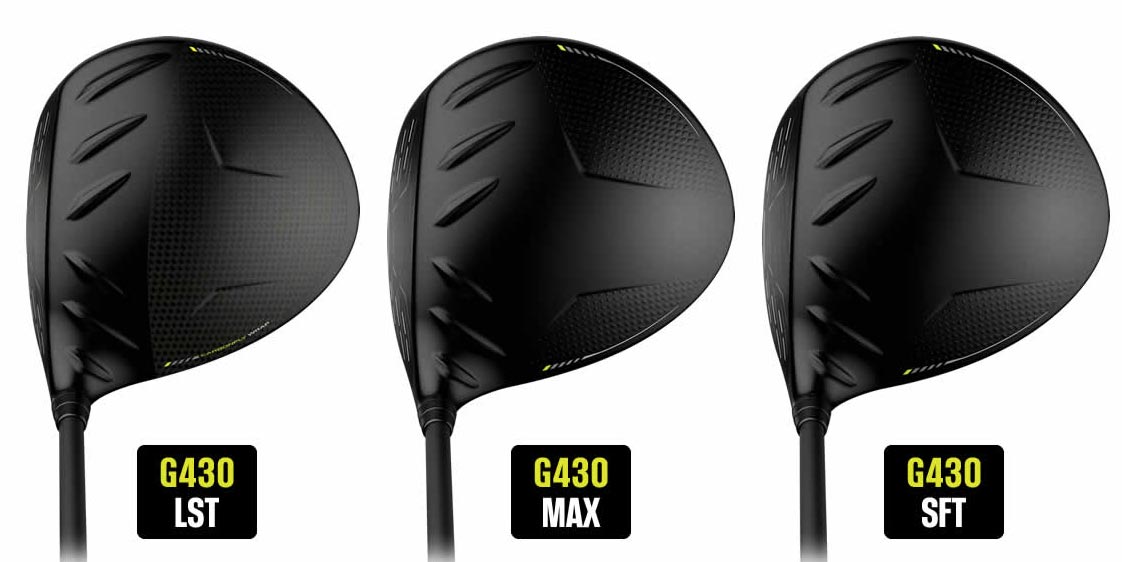
Ping G430 Max, G430 SFT, G430 LST Drivers
The face design has been a revelation for Tour pros. Ball speed increases of 2-3 mph have been the norm when compared to G425, and GOLF saw similar numbers during its yearly robotic testing. What makes the increases more impressive is the fact Ping somehow managed to gain speed without sacrificing mishit protection.
“The combined distance gains throughout the entire G430 family are like nothing we’ve seen from one generation of clubs to the next,” said Ping CEO and president John K. Solheim. “Our approach with G430 has been to find more speed and deliver it in a way that contributes to lower scores and more enjoyment on the course. That includes providing a level of forgiveness that remains unequalled.”
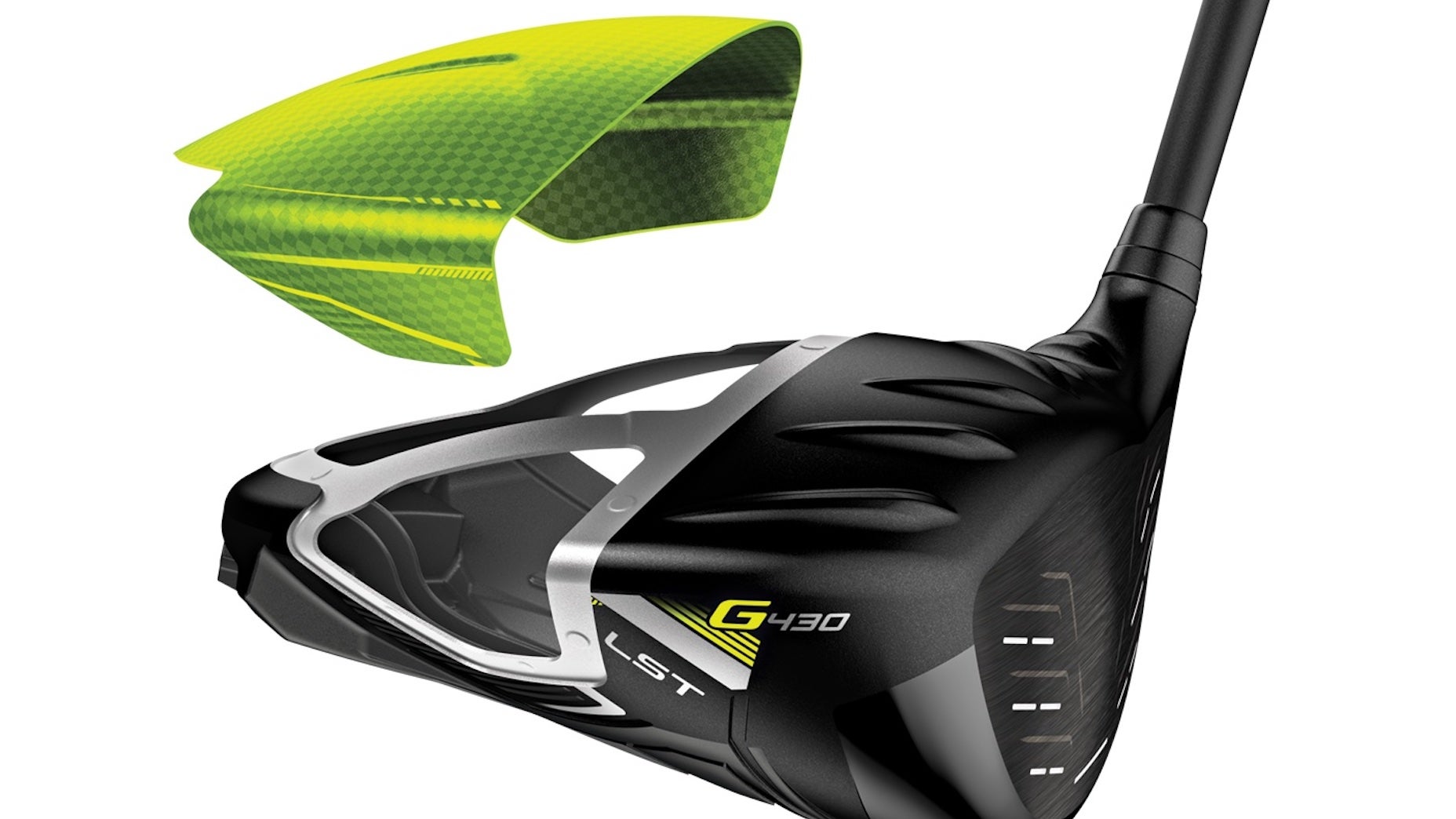
Of the three models, the 440cc G430 LST underwent the most significant changes. After studying the benefits of carbon fiber, Ping added a lightweight composite wrap (Carbonfly Wrap) that covers the crown along with heel and toe sections of the skirt. The 8-layer, one-piece composite saves four grams — it weighs 11.5 grams installed — that went back into the head to lower CG for more speed and less spin.
“With recent manufacturing advancements and the smaller head size of the G430 LST, the time is right to bring this technology to golfers,” said Solheim. “It’s quickly becoming the favorite of our tour players, who are enjoying the ball-speed gains while raving about the look, feel and sound.”
A moveable 22-gram, high-density tungsten backweight was also added to the head that moves shot shape plus-or-minus 7 yards, between draw, neutral and fade settings, with the turn of a wrench. The LST ($630) comes in two lofts (9 and 10.5 degrees) with Ping’s 8-setting Trajectory Tuning 2.0 hosel that adjusts loft plus-or-minus 1.5 degrees and lie angle up to 3 degrees flat.
While carbon fiber improves the overall performance of G430 LST, Ping couldn’t find a noticeable performance benefit in the G430 SFT and G430 Max, so they continued on with the existing steel. Instead, the new 460cc G430 SFT ($600) is designed around a 22-gram moveable tungsten backweight that delivers 13 yards of right-to-left bend in the draw setting, and another 7 yards in the draw-plus for 20 yards total. The driver is one loft (10.5 degrees) with the same Trajectory Tuning 2.0 hosel as the LST.
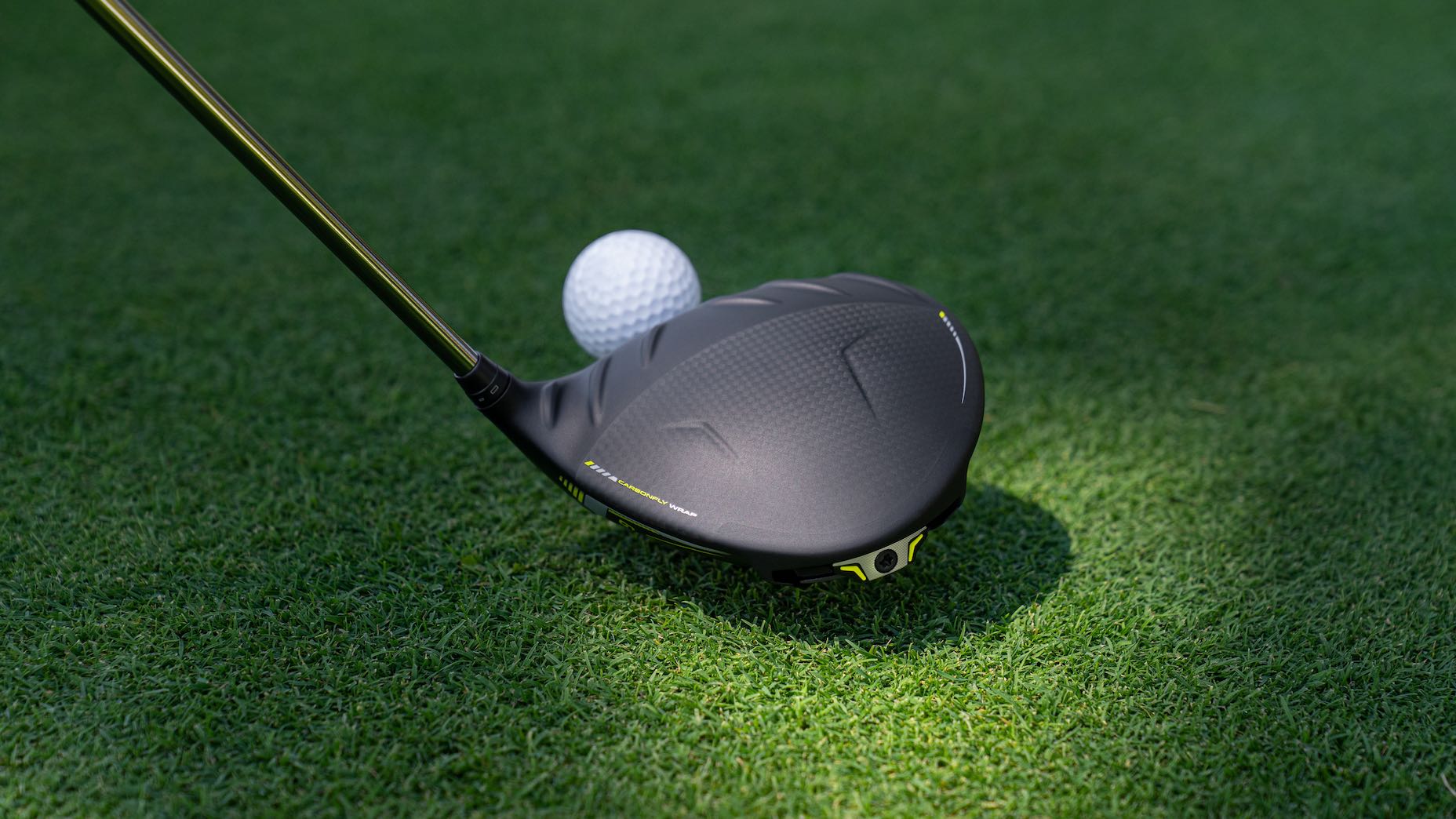
“Our SFT technology reinforces our commitment to custom fitting,” Solheim said. “It’s a tremendous option for golfers who consistently slice the ball. The reality is more golfers could benefit from this type of technology, so we’ve added the two-setting backweight to allow for further adjustments in shot bend as necessary.”
And then there’s the 460cc G430 Max ($600). The most forgiving model in the lineup, it comes in three lofts (9, 10.5 and 12 degrees) with a 25-gram, high-density tungsten moveable backweight to move shot shape plus-or-minus shot shape 8 yards between three settings (draw, neutral and fade).
“The Max is the workhorse,” Solheim said. “It fits every skill level, from tour players to higher handicaps. The increases in ball speed are remarkable and the sound is creating a very favorable conversation.”
Internal sound ribs were also added to all three models to fine-tune the frequencies of the head for a more muted, pleasing sound at impact.

